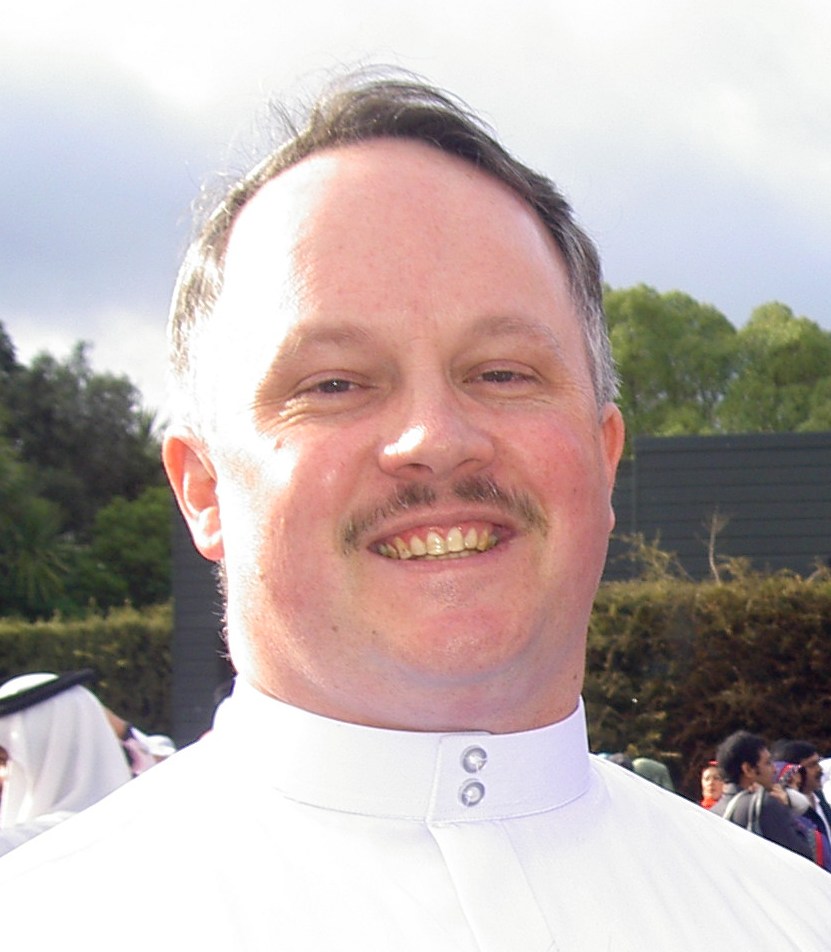 Eid Al Adha, held two months ago, reminded us of the annual pilgrimage to Mecca and the story of Prophet Ibrahim (Abraham) mentioned in the Holy Quran (37:99-111).
Eid Al Adha, held two months ago, reminded us of the annual pilgrimage to Mecca and the story of Prophet Ibrahim (Abraham) mentioned in the Holy Quran (37:99-111).
The tale is well known – the Almighty tested Ibrahim’s faith by ordering him to sacrifice his son.
Ibraham’s son Ismail went on to father the Arab nation, and his descendent Prophet Mohammed is, essentially, the founder of modern Islam.
Ibraham’s other son Isaac begat the Hebrew peoples and the long line of prophets leading to Isa (Jesus).
Above all else, for Muslims across the world, this has been a time to ruminate over the rudiments of sacrifice and the desiccating vicissitudes of life.
In his 1996 book, ‘The Clash of Civilisations,’ Professor Samuel Huntington of Harvard University persuasively argued that the triumph of Western culture resulted in liberal democracy.
Following the demise of Communism as an intellectual and ideological force in global politics, he attributed this apparent victory to Western or European “Christianity, pluralism, individualism and the rule of law, which made it possible for the West to invent modernity.” (Page 311).
Eastern origin
However, the West did not invent Christianity, Modernity or any of the important philosophic ideas fundamental to each other.
These emanated in one form or another from the East, from the Arab-Muslim lands of the Mediterranean, Arabia, Persia (Iran), India and China.
Huntington’s assertion that these are exclusively “European ideas, not Asian, African, or Middle Eastern ideas, except by adoption” has no basis in reality and merely demonstrates generations of poor History and Historiographical study both inside and outside Western societies.
The façade of materialistic and economic prosperity of “the Occident” over the past 400 years may in some small part reflect an ability to successfully combine these points efficiently but in fact, they all started, developed and evolved within “the Orient”.
Curiously, Huntington’s surreal and inaccurate viewpoint remains popular in contemporary social discourse and reflects sentiments widespread on both sides of the cultural divide.
It remains however merely as an example of “hoisting by one’s own petard.”
Best of both
It is axiomatic to acknowledge that we now live in a global village, both intellectually and physically. Not only have distances contracted between the political, social and philosophical perspectives of literally billions of people, but also the spaces we live in and share.
As we remember, study and meditate on Ibrahim and Ismail, it is worth recalling that collectively there are now millions of Muslims residing, working and studying inside traditionally Western lands and conversely, increasing numbers of Westerners living and employed in the East. The cross-cultural encounter is direct and daily.
In the final analysis, here in New Zealand, deep in the South Pacific, we have the golden opportunity to learn and gain from both traditions – from the West and the East.
In order to achieve this however, we must focus our personal and communal efforts, our insight and wit, on the study of History, and intellectual pursuit of a true and accurate percipience of the past and the sacrifices made, and its significance for the present and future.
Abdullah Drury is a former social secretary of the Muslim Association of Canterbury. He lives in Hamilton. Email: abdullah@xtra.co.nz






